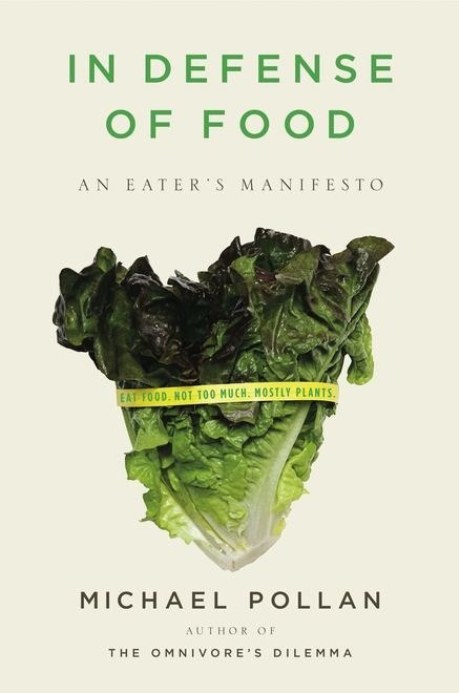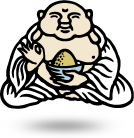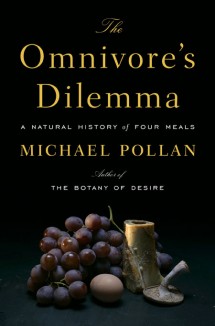Defending In Defense of Food
Posted by Pailin Chongchitnant on Wednesday, November 18th, 2009Tags for this Article: book review, In Defense of Food, Michael Pollan, omnivore's dilemma
 I often fail to finish reading a book because of I have an attention span of a pigeon, and I get so overly excited about a new book that I jump onto it forgetting that the other book was unfinished. This wasn’t so much the case for the one I just finished this weekend: In Defense of Food by Michael Pollan.
I often fail to finish reading a book because of I have an attention span of a pigeon, and I get so overly excited about a new book that I jump onto it forgetting that the other book was unfinished. This wasn’t so much the case for the one I just finished this weekend: In Defense of Food by Michael Pollan.
I came across the name Michael Pollan during my years at the faculty of Land and Food Systems of UBC when we studied his most famous work, The Omnivore’s Dilemma. That book opened my eyes to an entirely unfamiliar, and utterly off putting, world of food production that is driven by many motifs except for the health of the people and the planet. That book left readers very well informed but wondering, “What then am I to eat?” In In Defense of Food, Pollan addresses that question thoroughly and shifts his tone from informative to instructional.
His focus here is health, although there are plenty of political and economic issues discussed simply because they are inseparable. He starts off by explaining why Americans, the most health-obsessed people, are also the sickest of them all. I spent four years studying nutritional science, and Pollan’s main point hit me close to home: he argues that nutritionists study food as a mere sum of its chemical constituents (also referred to as nutritionism), and they fail to realize that they are taking the nutrients out of the context of the food, the diet and the lifestyle.
Remember the time when butter was the villain and margarine was the savior of our heart health? Oops. Pollan discusses flaws in nutrition research like this one throughout the book in order to point out that eaters must not rely on science, health claims on food labels, or the government, to tell us how to eat.
All science aside, he offers a simple motto to eat by: Eat Food. Not Too Much. Mostly Plants. Seemingly simple instructions, but Pollan goes on to define what he means by “food,” or rather what he does NOT mean by “food.” (Ethoxylated diglyceride used in Wonder Bread, for example, is not food.) He explains the healthfulness of plants (not grains) scientifically and gives examples of traditional plant-based diets that result in healthier nations than America. He also gives suggestions for behaviors that help you determine when to stop eating rather than eating until the package is empty.
I thought that much of what he talks about should’ve been intuitive, yet somehow I wasn’t making those intuitive choices. Here is the magic: his researches are so clearly explained and his arguments so convincing that he makes them seem blatant. It will make you feel bad the next time you pick up what you now know as a non-food at the supermarket.
Eating the way Pollan suggests not only makes you healthier, but it also makes the planet healthier as well. So I would recommend this book to everyone, and I would recommend that you recommend it to everyone as well. We can all do our little part to help each other become just a little healthier everyday.



Posted on November 19th, 2009
Andrea Busse says:
Thanks for the write up on the book. I’ve looked at it in the store, but next time I’ll pick it up. I am reading The Omnivore’s Dilemma right now and it has shocked me and changed the way I shop. I haven’t finished it yet though, because I have been distracted by other books!!